What is an herbalist?
How do you define an herbalist?
Given that there are no licensing requirements, no state board examinations or tests to ascertain knowledge, how do you define an herbalist and, more importantly, who do you trust for knowledge?
What Is an Herbalist?
For many years, I defined an herbalist by what I knew: one who had credentials in the field of medicine and herbalism. And by credentials, I meant someone who had a degree, who had the fancy letter after the name to support the lofty title of herbalist.

Then I read Nancy Philllips’ book, The Herbalist’s Way, and became convinced of an important truth:
I am an herbalist.
How can I make that claim? I, who have neither studied herbalism “officially” at an accredited school nor taken one science class beyond college biology?
It is simple. Anyone with a passion for, knowledge of, and personal use of herbs as healing mechanisms can eventually call themselves and herbalist.
Now that does not mean that I am by any means qualified to treat other people. I am not. I use myself as a guinea pig, passing along my limited understanding and knowledge to anyone with the interest and stamina in listening to me.
But it does mean that I join a long tradition of wise women, of women who listen to the plants, who learn from the plants, and who study with their elders to learn the art and craft of healing with plants.
Healing with Plants
We are told in the Bible that God gave Adam and Eve the Garden of Eden and every plant therein for their food and medicine. And to their descendants, he reiterates this promise time and time again: plants are your food, your medicine, your friends.
Until the 17th century, everyone knew this truth. The monasteries kept the tradition of herbalism alive by sharing plant-based medicine in their beautiful gardens and in the first hospitals. Wise women kept herb gardens among their kitchen gardens and fed their families’ minds, bodies and spirits with the life-giving force of the plants they grew.
Then came Paracelsus. If you don’t know who he is, he is pretty much the founder of modern chemical-based medicine. A Renaissance physician, he comes from the tradition of seeking the philosopher’s stone so that he could turn base metal into gold. He is considered the father of toxicology and during the Renaissance conducted important chemical experiments.
The problems with Paracelsus is that his chemical view of medicine became dominant in the Western world. Although we accept germ theory from Pasteur and Lister, we generally do not accept herbalism anymore as a legitimate viable method of health.
Herbalism is, at its base, a belief and practice that all the body needs for healing is found within nature. Plants provide an abundance of life-giving chemicals that we know of (and many we do not yet know of) that can provide the body with the building blocks of what it needs to heal. With adequate immune system support, rest, fluids, fresh air and sunshine, the majority of life’s ills can be cured (although not all).
The concept is pretty simple. Hygiene keeps us free from germs by preventing harmful bacteria from spoiling food, polluting waterways that provide hydration, and keeping the immediate area clean. Personal hygiene keeps our skin clear of harmful bacteria that can cause infection. Washing the hands, for instance, does more to prevent the common cold and flu than any chemical concoction we have dreamed of.
The idea behind herbalism or natural-based healing is that if the body is provided with what it needs to maintain health it will maintain health. Yes, genetics and environment do play a role in health or illness — we know for sure the environmental impacts of certain things that can cause cancer, for example, and we know the biological and genetic impact on cancer, autoimmune disease and other chronic illnesses. But the vast majority of life’s little illnesses and annoyances, beyond the big ones requiring immediate medical treatment (emergencies and accidents) and life-threatening ones (heart attacks, cancer, autoimmune disease) can be treated with herbs successfully.
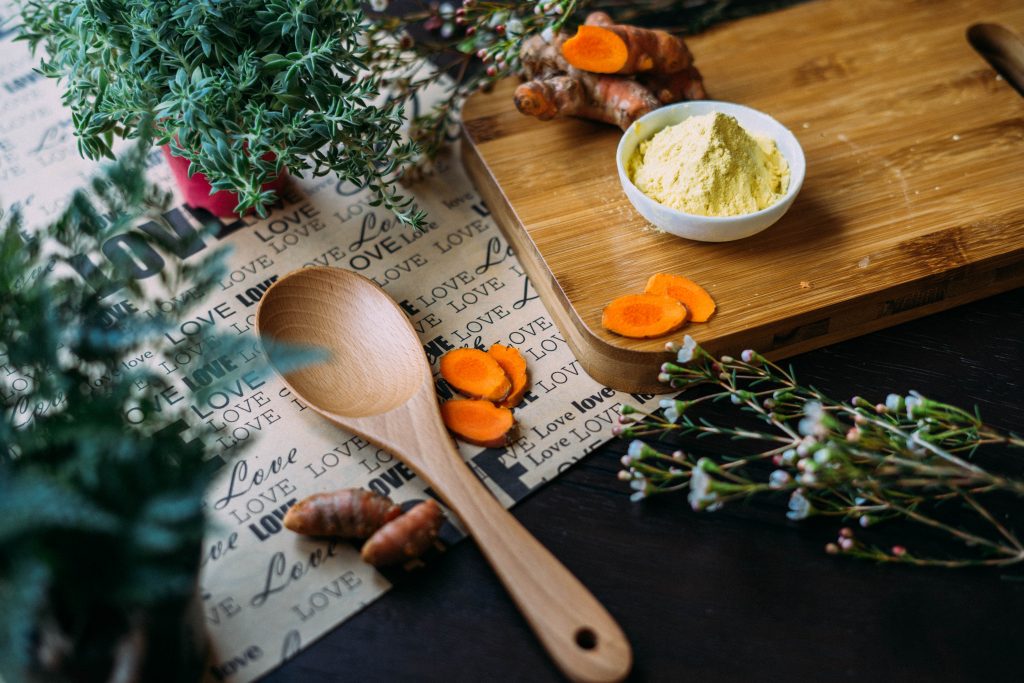
Plants are our medicine. They are our birthright. We have been brainwashed to think otherwise. I’m not one to eschew all chemical medications, but I do believe that if the general populace understood the value of a plant-based diet and natural healing methods, the current “health care crisis” would be obsolete. We would be empowered to care for ourselves, and in turn, care for our children, families and others.
Nancy Phillips defines an herbalist as anyone who studies and practices the art and craft of herbal medicine. I am what is known as a folkloric herbalist. I have studied on my own, with limited guidance from elders and experts, and practice only on myself. I coordinate a community of like-minded individuals in the Christian Herbalists at Home Garden Joy merely to give a place and a voice to the Christians who feel marginalized by the pagan movement inherent in herbalism. Herbalism is marginal enough without having to feel unwelcome because of the emphasis on nature worship.
So even though I have not had any formal training, I have studied herbs on my own for over 20 years. I have consulted with natural healers who have taught me plant-based diets. While I do not always practice everything, I do believe that plants contain what we need to not only survive but to thrive in this world.
What is an herbalist? Are you an herbalist? Which definition do you believe? Do you love, study, practice and embrace plant-based healing? Then welcome aboard, sister. You belong with us. Join us on the Christian Herbalists at Home Garden Joy. Come back every Wednesday for a look at an herbal, an herbal remedy, or a project related to growing, using, and enjoying herbs. You are among friends and yes, you truly are an herbalist even if your only patient is yourself.
What is an herbalist? It is someone passionate about herbs, and about using plants for health and healing. Are you an herbalist, too?


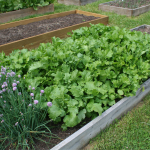
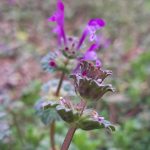
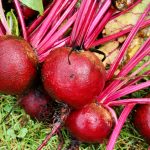
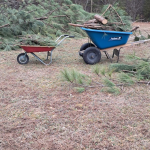
What a great post! I totally agree! I think that most of the little super common illnesses and injuries can be helped and/or healed by plant medicine. I make remedies for myself and my family, and that’s pretty much it. It makes me super happy ?.
Jeanne, I loved your post so much, it got a solid mention in my blog post for this week! Thanks again for posting this!
https://twoacresonadream.com/herbs-for-fibromyalgia-herbs-for-my-mom/